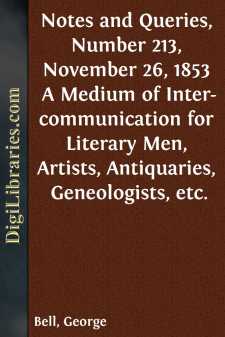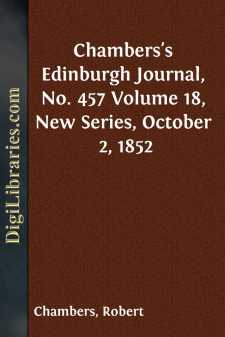Categories
- Antiques & Collectibles 13
- Architecture 36
- Art 48
- Bibles 22
- Biography & Autobiography 813
- Body, Mind & Spirit 142
- Business & Economics 28
- Children's Books 17
- Children's Fiction 14
- Computers 4
- Cooking 94
- Crafts & Hobbies 4
- Drama 346
- Education 46
- Family & Relationships 57
- Fiction 11829
- Games 19
- Gardening 17
- Health & Fitness 34
- History 1377
- House & Home 1
- Humor 147
- Juvenile Fiction 1873
- Juvenile Nonfiction 202
- Language Arts & Disciplines 88
- Law 16
- Literary Collections 686
- Literary Criticism 179
- Mathematics 13
- Medical 41
- Music 40
- Nature 179
- Non-Classifiable 1768
- Performing Arts 7
- Periodicals 1453
- Philosophy 64
- Photography 2
- Poetry 896
- Political Science 203
- Psychology 42
- Reference 154
- Religion 513
- Science 126
- Self-Help 84
- Social Science 81
- Sports & Recreation 34
- Study Aids 3
- Technology & Engineering 59
- Transportation 23
- Travel 463
- True Crime 29
Sort by:
by:
Edison Marshall
I The convict gang had a pleasant place to work to-day. Their road building had taken them some miles from the scattered outskirts of Walla Walla, among fields green with growing barley. The air was fresh and sweet; the Western meadow larks, newly come, seemed in imminent danger of splitting their own throats through the exuberance of their song. Even the steel rails of the Northern Pacific, running...
more...
by:
George Bell
THE STATE PRISON IN THE TOWER. A paragraph has lately gone the round of the newspapers, in which, after mentioning the alterations recently made in the Beauchamp Tower and the opening of its "written walls" to public inspection, it is stated that this Tower was formerly the place of confinement for state prisoners, and that "Sir William Wallace and Queen Anne Boleyn" were amongst its...
more...
by:
Robert Chambers
It is wonderfully exciting to read the adventures of a shipwrecked mariner; to find him cast away on a desert island, destitute of everything that before seemed necessary to his very existence; to see him settling himself down in a strange and untried form of life, substituting one thing for another, doing altogether without some other thing, turning constantly from expedient to expedient, bending to...
more...
by:
Anatole Cerfberr
LA BASTIE LA BRIERE (Ernest de), member of a good family of Toulouse, born in 1802; very similar in appearance to Louis XIII.; from 1824 to 1829, private secretary to the minister of finances. On the advice of Madame d'Espard, and thus being of service to Eleonore de Chaulieu, he became secretary to Melchior de Canalis and, at the same time, referendary of the Cour des Comptes. He became a...
more...
One of the strongest pieces of imaginative writing for children that the past decade has produced and one of the most delicate and beautiful of all times, is "The Blue Bird," by Maurice Maeterlinck, written as a play, and very successfully produced on the stage. Georgette Leblanc (Madame Maurice Maeterlinck), has rendered this play in story form for children, under the title "The...
more...
ACT I. SCENE I.—The Street before DON JEROME'S House. Enter LOPEZ, with a dark lantern. Lop. Past three o'clock!—Soh! a notable hour for one of my regular disposition, to be strolling like a bravo through the streets of Seville! Well, of all services, to serve a young lover is the hardest.—Not that I am an enemy to love; but my love and my master's differ strangely.—Don Ferdinand...
more...
JONES It was the first of June, and Victor Jones of Philadelphia was seated in the lounge of the Savoy Hotel, London, defeated in his first really great battle with the thing we call life. Though of Philadelphia, Jones was not an American, nor had he anything of the American accent. Australian born, he had started life in a bank at Melbourne, gone to India for a trading house, started for himself,...
more...
by:
Thomas Bewick
No description available
French Measure. “For thy walls a pretty slight drollery.” The Second Part of King Henry IV. “A bad lot. Yes, sir, a thoroughly bad lot.” “You don’t mean it.” “Yes, ma’am, a bad lot is the Uphill people. Good for nothing and ungrateful! I’ve known them these thirty-years, and no one will do anything with them.” The time was the summer of 1822. The place was a garden, somewhat gone...
more...
by:
Geraldine Bonner
CHAPTER I It had rained steadily for three days, the straight, relentless rain of early May on the Missouri frontier. The emigrants, whose hooded wagons had been rolling into Independence for the past month and whose tents gleamed through the spring foliage, lounged about in one another's camps cursing the weather and swapping bits of useful information. The year was 1848 and the great California...
more...











